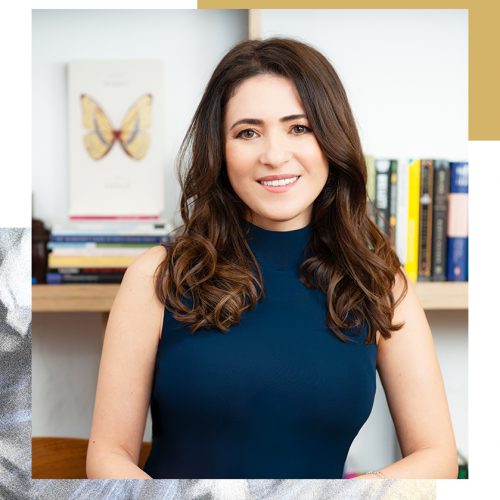Many years ago, when I was asked to consult for an emerging fashion brand, I did so as a favor, and did not have any plans to become a consultant at the time. I had (and still have) my own fashion brand, and at the time I was also a full-time academic.
But a former student called me, saying her friend’s mother had launched a fashion brand and needed help. Could I please just give her advice? the student asked, explaining that her friend’s mom had signed British department store Fortnum and Mason as a client, but there was a problem. The manufacturer she found in Spain was late with the orders, and despite Fortnum and Mason’s agreeing to wait (for a little bit, at least), what finally arrived was unacceptable quality. Not a happy situation, especially for a fledgling fashion brand.
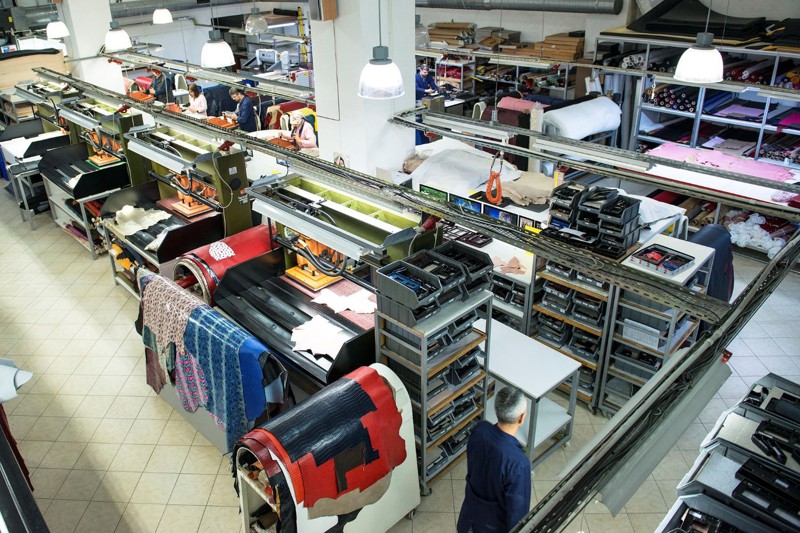 Neri Karra’s production facilities in Istanbul, Turkey. Photo source: Courtesy of Neri Karra
Neri Karra’s production facilities in Istanbul, Turkey. Photo source: Courtesy of Neri Karra
Finding a manufacturer is one of the most important steps a fashion entrepreneur will take, and it can make or break your brand and your reputation as a fashion entrepreneur. How do you find one? How can you be sure you will work well together? What should you look out for? While there are no guarantees, there are key steps you can take to increase your chances of a successful partnership with your manufacturer.
1. Do your homework: Go to the manufacturer, visit, see the conditions. Vet carefully. Even if you find a manufacturer that has all the sustainability and quality certifications, make sure to visit the factory and check the conditions yourself. I once worked with a client who had her scarves manufactured in Italy, and she had done everything online, without physically visiting the manufacturer. So, when the batch of initial products arrived, the quality did not match what she was expecting and what the factory had promised. You need to do your own homework, and an in-person visit is an essential part of that homework.
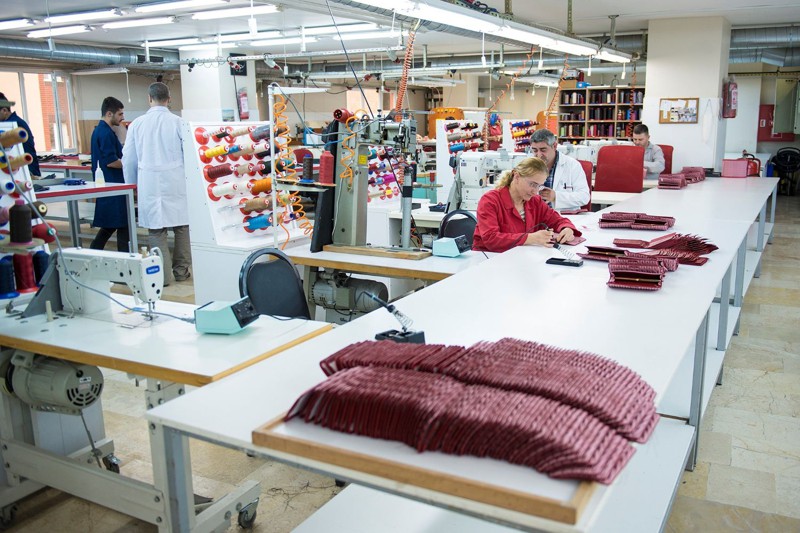 Neri Karra’s production facilities in Istanbul, Turkey. Photo source: Courtesy of Neri Karra
Neri Karra’s production facilities in Istanbul, Turkey. Photo source: Courtesy of Neri Karra
2. Use various sources: Search online, Google, look on Instagram and LinkedIn – these are all resources that you can use. You can also visit fashion colleges, which will provide you with information on trade fairs and even manufacturers and suppliers. You can read fashion trade magazines, which are a great source of information. You can also ask your suppliers to make an introduction – I find this is often a very reliable resource.
3. Think long term: You need to make sure you choose a partner, not just someone who can manufacture quickly. You are looking for a long-term partnership, not a short-lived contract to fulfil an order. This will reflect in the quality of the product, and could also open doors to potential collaborations. One of the key designer fashion business models is the partnership between designer and manufacturer, where a manufacturer invests in the fashion venture—a true partnership rather than a short-term transaction.
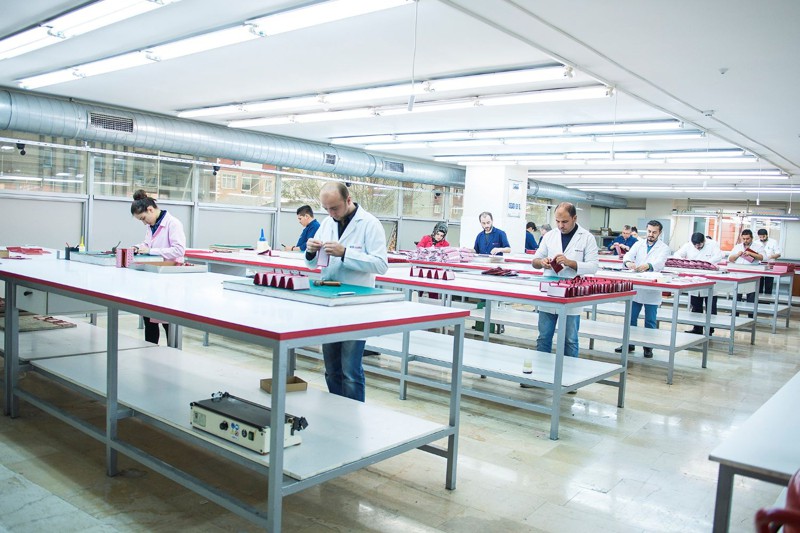 Neri Karra’s production facilities in Istanbul, Turkey. Photo source: Courtesy of Neri Karra
Neri Karra’s production facilities in Istanbul, Turkey. Photo source: Courtesy of Neri Karra
4. Aligned values: As with any partnership, in order for it to work, you need to have aligned expectations, interests and values. If you are a brand that cares about sustainability and you find a manufacturer who falls short in that aspect, your brand and ultimately the health of the partnership will suffer. How do you find out about values? By communicating honestly and openly. By doing your homework beforehand, but also by simply observing and talking to the potential manufacturer.
5. Be realistic: Since I am also a manufacturer (all Neri Karra products are made in our own factory, and we also produce for leading and top Italian luxury labels), I am often approached by young and emerging fashion entrepreneurs who want to tell me about their ideas or show me simple sketches. The process of moving from an idea to an actual product is a very lengthy, expensive, and arduous one. I believe all fashion students need to be taught about the manufacturing process at school, so they understand how it works.
My advice is to present as full a picture as you can to the manufacturer, and this includes the most complete sketches and patterns possible. It will help you and the manufacturer to start with a broad understanding of your needs and the result will be better for all parties involved.
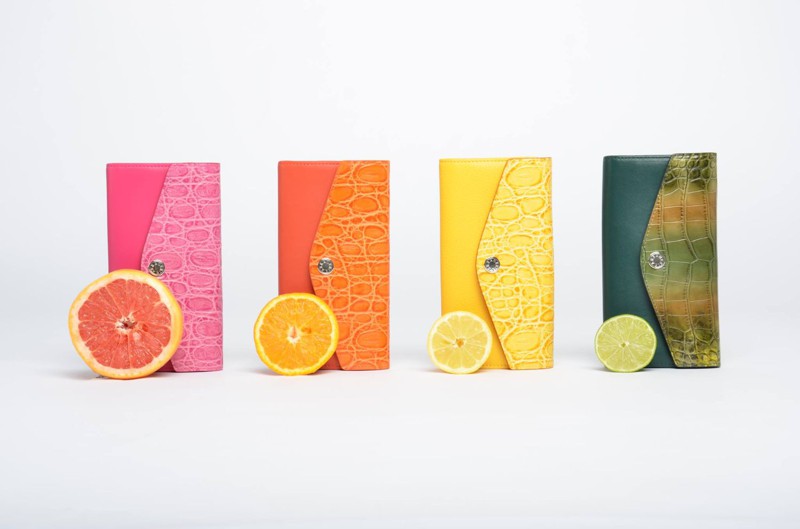
Some of the Neri Karra products, that are produced at our factory in Istanbul, Turkey.
Photo source: Courtesy of Neri Karra
